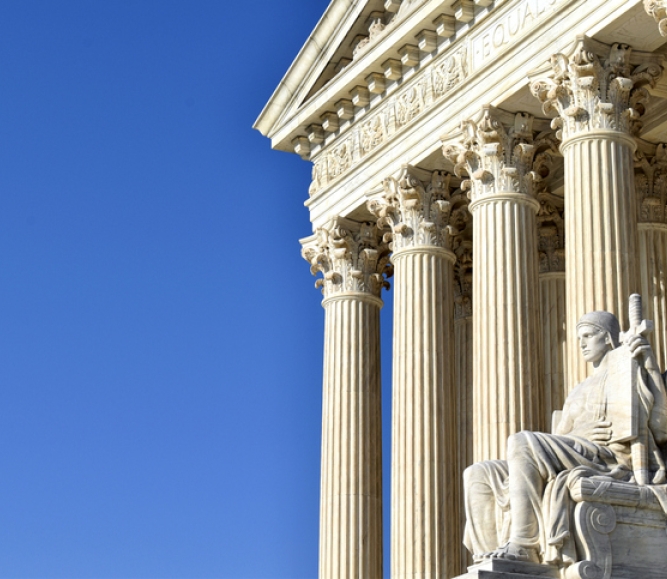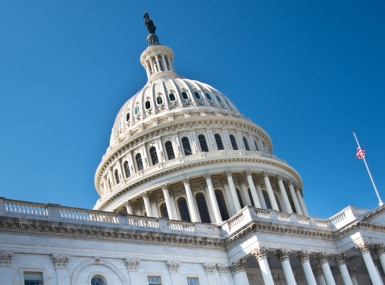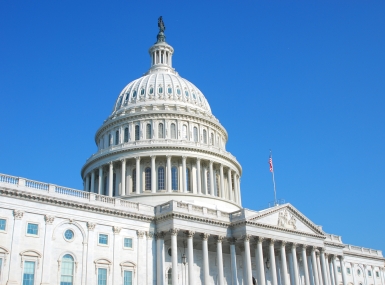U.S. Supreme Court establishes clear test for classifying private social media use as state action
Author

Rachel Mackey
Upcoming Events
Related News

Key Takeaways
On March 15, the U.S. Supreme Court issued a 9-0 ruling in Lindke v. Freed, which together with O’Connor-Ratcliff v. Garnier focused on the question of whether and when a public official’s use of a personal social media constitutes “state action” governed by the First Amendment (and therefore, subject to Section 1983 claims). In both cases, local citizens filed First Amendment lawsuits after being blocked from local officials’ personal social media accounts for making critical and repetitive comments.
- County nexus: The Court was asked to determine whether a local official’s personal social media account can be considered “state action,” which has consequences for county elected officials seeking to engage in their own private speech on social media platforms.
- NACo advocacy: NACo filed an amicus brief with the Local Government Legal Center in support of neither party, arguing for a clear rule that limits the liability of county governments while protecting the First Amendment rights of public officials and citizens alike. Learn more here.
- The Court’s ruling: In a favorable ruling for counties, the Court in Lindke v. Freed unanimously created a new constitutional test for determining whether government officials’ social media posts are attributable to the state: 1) the official must have authority to speak on behalf of the government and 2) must be exercising that power when creating the social media post in question. The Court vacated the judgements in both Lindke v. Freed and O’Connor-Ratcliff v. Garnier and remanded them to the lower courts for another look using this new test.
While the Court acknowledges that the test in question will still be fact specific, it has laid out an objective and clear rule that protects the speech of public officials and their constituents. County governments looking to protect public officials from liability in this area should examine the ruling, which includes hypotheticals and clarifications around application of this new test.
Webinar
Navigating Social Media as a Local Leader in the Wake of Recent SCOTUS Decision
This webinar is hosted in partnership with NLC.

Featured Initiative
Supreme Court Advocacy Hub

Related News

Senate Rules Committee considers elections and AI legislation ahead of 2024 General Elections
Senate Rules Committee held business meeting on May 15 to markup and consider legislation on the role of artificial intelligence in elections. The Preparing Election Administrators for AI Act would direct the Election Assistance Commission to develop voluntary guidelines on the use and risks of AI technologies for county election officials.

U.S. Senate eyes funding the Affordable Connectivity Program through broader telecommunications package
The ACP is under a short timeline to receive additional funding. After May 31, all 23 million enrolled households will cease to receive any benefit from the program. Several Senate proposals could lead to expedited passage of funding to save the program.

Legislation to restore advance refunding for tax-exempt municipal bonds introduced in U.S. House of Representatives
The Local Infrastructure Financing Tools (LIFT) Act would restore advance refunding of tax-exempt municipal bonds, a critical tool for county municipal finance.